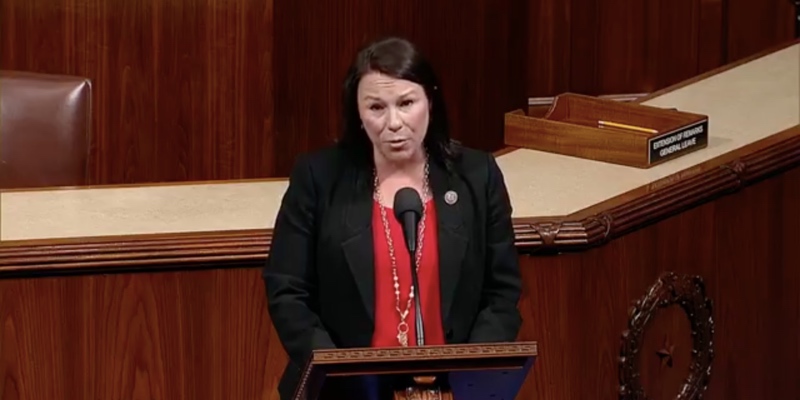It’s hard to believe that July is halfway over, and summer will be ending soon. Temperatures here in Southeast Alabama continue to reach nearly 100 degrees on any given day, but fall and cooler weather will be here before we know it. In less than a month, students across our district and state will begin another school year, and shortly after that, college football season kicks off.
While this time of year brings a lot of excitement, be mindful that hurricane season lasts until the end of November, and it’s extremely important that we take the necessary precautions to protect our loved ones and property. Hurricanes are one of nature’s most powerful and destructive forces. On average, 12 tropical storms, six of which become hurricanes, form over the Atlantic Ocean, Caribbean Sea or Gulf of Mexico during this time each year.
Unfortunately, many people who live in the Second District recently experienced the devastation this season can bring when Hurricane Michael made landfall last October. Last month, I shared that Congress approved and the President signed into law disaster relief legislation that will aid our farmers. It is my understanding that the process of making these funds available will soon be underway.
As we continue to rebuild together, and as we monitor the ongoing severe weather events happening in the Gulf of Mexico, I would like to take this opportunity to share with you some safety tips from the National Weather Service (NWS) to prepare for storms that may impact us in the months ahead. Here’s a useful checklist to review prior to warnings of a hurricane:
- Know your zone. The Second District doesn’t have any hurricane evacuation zones, but our neighbors in Baldwin and Mobile Counties reside in hurricane evacuation areas. Keep this in mind if you’re vacationing nearby in the upcoming months or if you have friends and relatives who live further south in Alabama. A list of evacuation zone maps is available at www.flash.org/
2017EvacuationZones.pdf. - Assemble an emergency kit. Your kit items should be stored in airtight plastic bags, then placed in one or two easy-to-carry containers, such as plastic bins or duffel bags. Your emergency kit should include the following items: one gallon of water per person per day for at least three days, at least a three-day supply of non-perishable food and a manual can opener, battery-powered radio, a flashlight and extra batteries, a first aid kit, a whistle to signal for help, and local maps. You can download the rest of the recommended supplies list and read about additional suggested supplies by visiting www.ready.gov/build-a-kit.
- Write or review your family emergency plan. Before an emergency happens, sit down with your family and close friends and decide how you will get in contact with each other, where you will go, and what you will do in a weather emergency. Keep a copy of this plan in your emergency kit. You can start working on your plan by visiting www.ready.gov/hurricanes.
- Review your insurance policies. This is an important step to ensure that you have adequate coverage for your home and personal property.
- Understand the NWS forecast language. There’s a difference between a hurricane watch and a hurricane warning, and it’s important to have a strong understanding of the two. Read about this by visiting www.weather.gov/safety/
hurricane-ww.
Hurricanes can happen along any U.S. coast and can impact areas more than 100 miles inland. I hope you will share this information with loved ones during this time of year especially, remembering that hurricanes are typically most active during the month of September. In many cases, planning and preparation can make a huge difference, so I encourage you to prepare now and remind your friends and family to do the same. In the meantime, my family and I will be praying for an uneventful hurricane season in Southeast Alabama.
Martha Roby represents Alabama’s Second Congressional District. She lives in Montgomery, Alabama, with her husband Riley and their two children.













